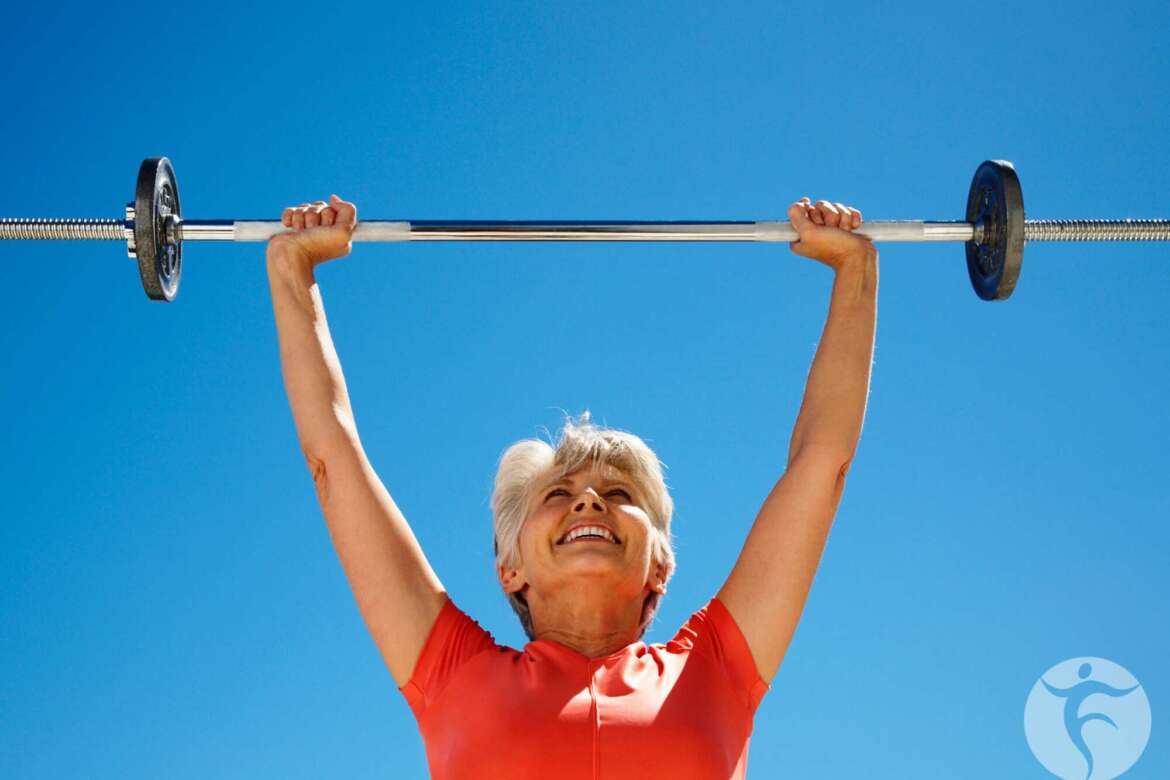Why Gaining Muscle After 50 Is the Key to Aging Well
Aging is inevitable, but how you age is something you can influence. One of the most powerful tools for aging well is building and maintaining muscle, especially after the age of 50. This applies to both men and women, and the benefits are far-reaching: improved mobility, stronger joints, better bone density, enhanced balance, and a more efficient metabolism. Learn why gaining muscle after 50 is the key to aging well.
As we age, muscle loss — also known as sarcopenia — becomes more common, but it’s not unavoidable. With the right approach, you can not only preserve muscle but also gain it, helping you stay confident, independent, and strong even as you age.
Why Gaining (Not Just Maintaining) Muscle Matters
Many people focus on maintaining muscle after 50, but gaining muscle can be even more beneficial. Here’s why:
- Preventing Injury & Improving Balance: Muscle acts as a protective layer around your joints and bones. Stronger muscles help stabilize your body, reducing the risk of falls and injuries.
- Supporting Bone Health: Resistance training stimulates bone growth, reducing the risk of osteoporosis and fractures, especially important for postmenopausal women.
- Boosting Metabolism: Muscle burns more calories at rest than fat. Gaining muscle helps counteract age-related metabolic slowdown and supports healthy weight management.
- Everyday Strength: From lifting groceries to climbing stairs, building muscle makes everyday tasks easier and safer.
How to Build Muscle After Age 50
Building muscle in your 50s and beyond is not only possible — it’s essential. Here’s how to get started:
- Strength Training 2–3 Times Per Week: Focus on consistency. Two to three well-structured sessions per week are enough to see significant results over time.
- Key Exercises: Compound movements like squats, lunges, rows, and push-ups are highly effective. Resistance bands and bodyweight exercises can also be great tools, especially for beginners or those with joint concerns.
- Prioritize Recovery: As you age, recovery becomes even more important. Include rest days, stretch regularly, and listen to your body to avoid overtraining.
- Progress Over Perfection: Start where you are and gradually increase resistance or intensity. Progression is key to continued muscle gains.
Nutrition to Support Muscle Growth
Exercise is only part of the equation. Proper nutrition fuels your muscles and helps them grow.
- Prioritize Protein: Aim for about 1.0 to 1.2 grams of protein per kilogram of body weight per day, depending on your activity level. Spread protein intake evenly throughout the day.
- Essential Nutrients: Calcium and vitamin D are critical for bone health, while magnesium and omega-3s support muscle function and recovery.
- Hydration & Post-Workout Fueling: Don’t underestimate water — dehydration can impact muscle recovery and joint health. After workouts, aim for a mix of protein and carbohydrates to replenish energy and support repair.
Working With a Physical Therapist or Trainer
Not sure where to begin? A licensed physical therapist or certified trainer can guide you every step of the way.
- Customized Plans: Your program should match your goals, fitness level, and any existing health concerns.
- Safe Progression: Professionals can help you work around joint pain or previous injuries while safely building strength.
- Track Your Progress: Having guidance ensures you’re doing the right exercises with proper form — and seeing measurable improvements.
- Community & Accountability: Group classes tailored for 50+ adults can offer motivation, support, and a fun way to stay consistent.
It’s Never Too Late to Start
Gaining muscle after 50 is one of the most empowering things you can do for your health. It supports independence, longevity, and quality of life — and it’s never too late to begin. Whether you’re just getting started or ready to take your training to the next level, the right approach can make all the difference.
Ready to Feel Stronger?
Schedule a consultation with our team at Freedom Physical Therapy today and take the first step toward a stronger, healthier future.

